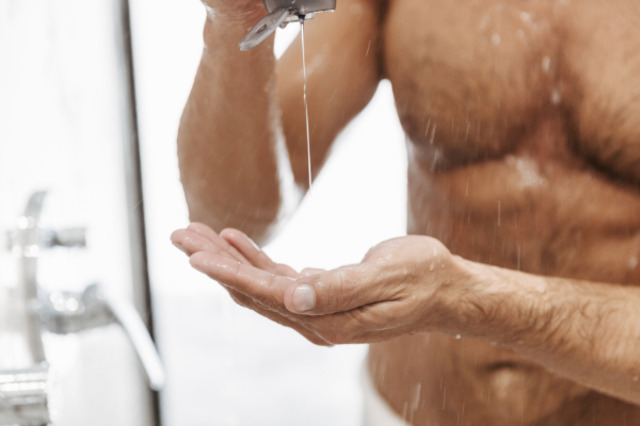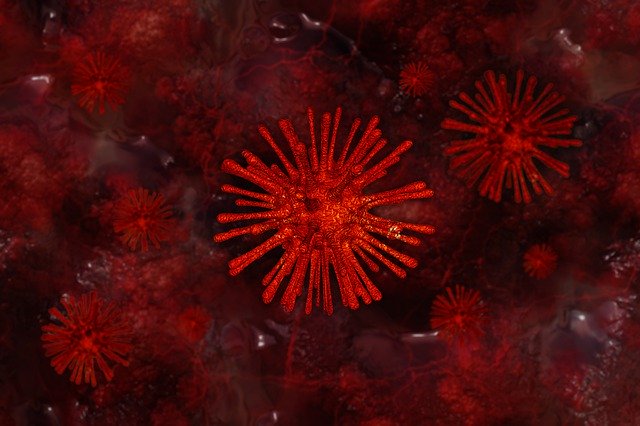“Health and hygiene are a basic personal need for all.”
Manushi Chhillar
To avoid all kinds of infections and diseases, it is essential to maintain daily genital hygiene and perform frequent self-examinations.
Man
Hygiene
Daily baths or showers. Uncircumcised penises should be cleaned more carefully in the glans area, pulling back the foreskin completely, to avoid accumulation of secretions.
Strong odors coming from the genital area usually denote infection. Any unusual discharge should be discussed with the doctor.
Self-examination
It involves examining the testicles regularly. Testicular cancer, the most common cancer among young men, has a 90% recovery rate if caught early.
The best time to examine the testicles is after a bath or shower, when the scrotal skin is looser. Roll each testicle between your thumb and fingers, moving the skin gently and feeling the entire surface for changes in texture, feel, size, and weight.
The epididymis (a tightly curled mass of sperm-storing tubes at the end of the testicle) may feel harder to the touch, but should not be mistaken for a tumor.


Woman
Hygiene
It is advisable to wipe after each bowel movement from the vagina to the anus, to prevent germs from causing genital infection.
In daily genital cleansing, it is not advisable to soap the labia to avoid irritation of the vulvar tissues.
It is advisable to take regular showers or baths during menstruation. Do not use, unless prescribed by a doctor, douches or vaginal deodorants.
After intercourse, vaginal douching is not only ineffective in contraceptive terms, but highly inadvisable, as it destroys the vaginal flora and increases the risk of infection.
As with men, strong odors from the genital area often denote infection, and any unusual discharge should be discussed with your doctor.
Self-examination
Regular examination of the breasts can detect lumps, changes in shape, or discharge from the nipples. A woman should examine her breasts once a month. It is best done two or three days after menstruation, when the breasts are less likely to be tender.
After menopause, a woman should examine her breasts on the same day every month. A lump could be a malignant tumour, although it is more likely to be nothing serious: it may be due to premenstrual syndrome, or a cyst (a fluid-filled sac), a fibroadenoma (a firm, painless lump) or an abscess (a collection of pus). Cervical or nipple discharge is a routine screening procedure that allows early detection of abnormal cells in the cervix.
The test should be performed by all sexually active women every three years. Cervical mucus testing is very important for those with genital herpes, as it is associated with an increased risk of cancer. It is also important for any woman who has had sex with a man with genital warts to be screened every year throughout her life, as she is more likely to develop a precancerous condition of the cervix.










